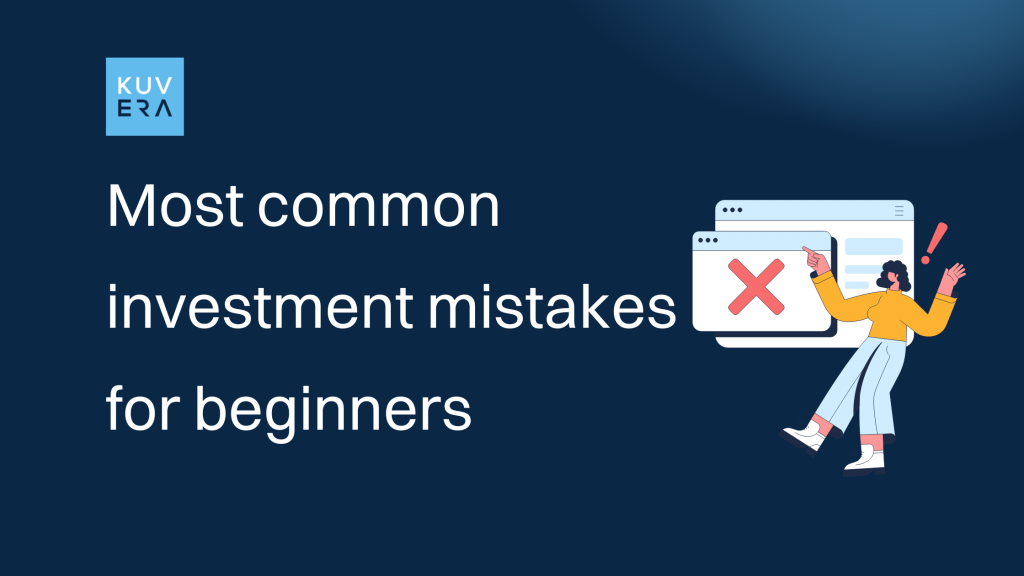1) Not having a contingency fund
You must be aware that well-known big firms such as Amazon, Twitter, Facebook, and others laid off employees in droves. You never know when you will have to go through such an emergency. It could be job loss, health emergency, or any other unseen event where you could suddenly need all your funds.
Emergency funds come in very handy in such scenarios. When you start your investment journey without having a solid emergency fund in place, it puts you in a very vulnerable position.
It is very important to set up an emergency fund as soon as possible. Set aside some part of your monthly income in a savings account or in liquid funds to have a buffer for rainy days.
2) Not paying heed to life and health insurance
A lot of people have a doubt about Insurance but insurance is a very important part of your life. A single health emergency can very easily destroy your financial stability and tear down all your efforts to balance your finances.
If you haven’t yet bought life or health insurance, do it now. Don’t buy insurance just for the sake of tax deduction. Have it as per your needs so that it can benefit you.
You should always research properly and compare various plans to choose the one that is best suited to your requirements.
3) Short-term approach to investment
Investments are important. Everyone has this thought process but problems arrive when the market returns show negative. Then everyone panics and starts to withdraw their investment and is scared to invest further. While it is good to keep an eye on your portfolio development, it is also equally important to understand that short-term markets are highly volatile and you should look at the broader picture.
You should always aim for long-term wealth creation and beating inflation instead of creating short-term cash flow. This can make your investing journey simple, easy and effective.
4) Not having a financial plan
Before you start your investment, you should have a well established financial plan. This financial plan should take stock of your income, expenses, and surplus and other financial responsibilities. Once you have your financial plan, you can accordingly set up investing goals and plan your investments.
5) Excessive debt
Last but not least. Say no to debt. You should not take debt for your lifestyle needs. Some people also travel and buy expensive clothes on their credit cards. This habit does not only put you at risk of defaulting and damaging your credit score but also builds a habit of living a debt ridden life.
It is much better to do SIP as much as you can instead of paying EMI. Don’t get lured by what others have. Debts should always be for necessary things such as a house or education etc, not for smaller lifestyle expeses.
Conclusion
Investing can be an exciting journey with the potential for significant financial growth and security. However, it is important to be aware of the common mistakes that beginners tend to make, so you can avoid them and set yourself up for success. Remember to do your research, diversify your portfolio, have a long-term perspective, and be disciplined with your investments. By avoiding these common investment mistakes and learning from your experiences, you can build a solid investment strategy and achieve your financial goals over time.
Interested in how we think about the markets?
Read more: Zen And The Art Of Investing
Watch here: All about multi cap funds with Rahul Singh, CIO – equities, Tata Asset Management
Start investing through a platform that brings goal planning and investing to your fingertips. Visit kuvera.in to discover Direct Plans and Fixed Deposits and start investing today. #MutualFundSahiHai #KuveraSabseSahiHai

